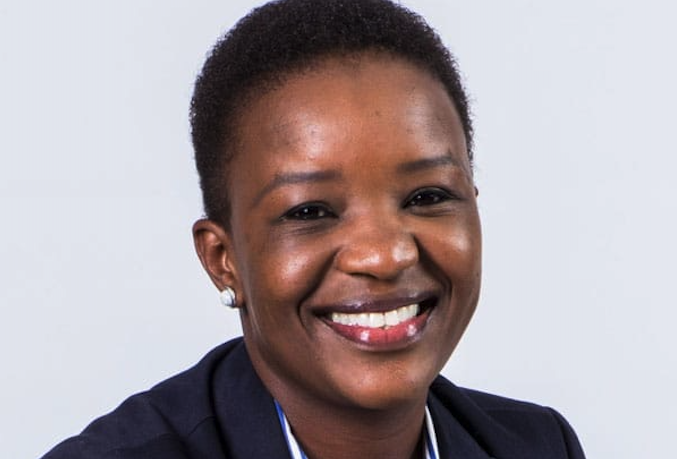- Finance Minister Enoch Godongwana presented a solid budget, balancing the need for extra expenditure in critical areas but with a strong focus on stabilising debt.
- Business Leadership South Africa (BLSA) believes the markets will react positively in that he has addressed the country’s critical problem areas while retaining fiscal discipline, which has been the hallmark of both his and his predecessor Tito Mboweni’s time as finance minister.
As a result of the fiscal consolidation strategy of the past few years, he was able to bring down the fiscal deficit without resorting to tax increases or further cuts in the social wage and infrastructure. He said a primary fiscal surplus would be achieved this fiscal year and the consolidated fiscal deficit, which includes debt-service costs, is projected at 4.2% of GDP for 2022/23. Including Eskom’s debt relief of R254bn, government debt is now projected to stabilise at a higher level of 73.6% of GDP in 2025/26, three years later than anticipated in the 2022 Medium Term Budget Policy Statement.
BLSA expected the country’s fiscal trajectory to weaken given the Eskom debt transfer and while SA’s high debt level is a concern, we believe this was necessary to help address the crippling effects of loadshedding.
Regarding Eskom,
Addressing the energy crisis was always going to be central to this Budget and Eskom’s debt relief of R254bn was larger than expected, an acknowledgement of how critical it is to free up financing for Eskom to be able to operate more efficiently. Government will finance the arrangement through the R66bn baseline provision announced in the 2019 Budget, and R118bn in additional borrowings over the next three years.
The conditionality to the debt transfer is something the markets were watching closely and the first was that Eskom was required to prioritise capital expenditure in transmission and distribution during the debt-relief period.
BLSA believes that is a highly positive move towards increasing the country’s generation capacity as the lack of transmission capacity has resulted in few renewable energy plants than planned being approved in bid window 6 of the Renewable Energy IPP Procurement Programme.
The second condition was that Eskom needed to focus on maintenance of the existing generation fleet to improve availability of electricity. Again, BLSA believes National Treasury was right to prioritise this as it directly addresses loadshedding.
Another condition is that Eskom concessions all its coal-fired power stations after they have been resuscitated as recommended by an international consortium.
These moves provide the framework to resuscitate the country’s ailing energy infrastructure and inadequate generation capacity.
BLSA was also relieved to hear that concrete measures are finally being taken to address the debt owed to Eskom by municipalities, as well as non-payment by residents. While Treasury was “still working with Eskom to provide a solution to this problem,” the minister said Eskom would provide incentivised relief to municipalities whose debt is unaffordable. However, the relief would come with conditions, including the installation of prepaid meters, to correct the underlying behaviour of non-payment and operational practices in these municipalities.
Energy fiscal support package
The tax relief package announced to stimulate uptake of off-grid solutions was greater than anticipated, which is highly welcome. The minister said that from 1 March 2023, businesses would be able to reduce their taxable income by 125% of the cost of an investment in renewables, with no thresholds on the size of the projects that qualify, and the incentive would be available for two years.
For individuals, the tax incentive for rooftop solar installations would be 25%, which would take the form of a rebate, up to a maximum of R15,000. BLSA would have liked to have seen this incentive extended to battery systems such as invertors as the majority of the country will still not be able to afford solar solutions despite the tax benefit.
Through the adapted Bounce Back Loan Guarantee Scheme, government would also guarantee solar-related loans for small and medium enterprises on a 20% first-loss basis. National Treasury will launch the Energy Bounce Back Scheme in April 2023.
Overall though, BLSA believes Minister Godongwana has delivered on the most important aspects designed to address the energy crisis, noting also that through the Just Energy Transition Investment Plan, the country would also make significant investments into the economy over the next five years.
Author: Bryan Groenendaal
Source: BLSA















